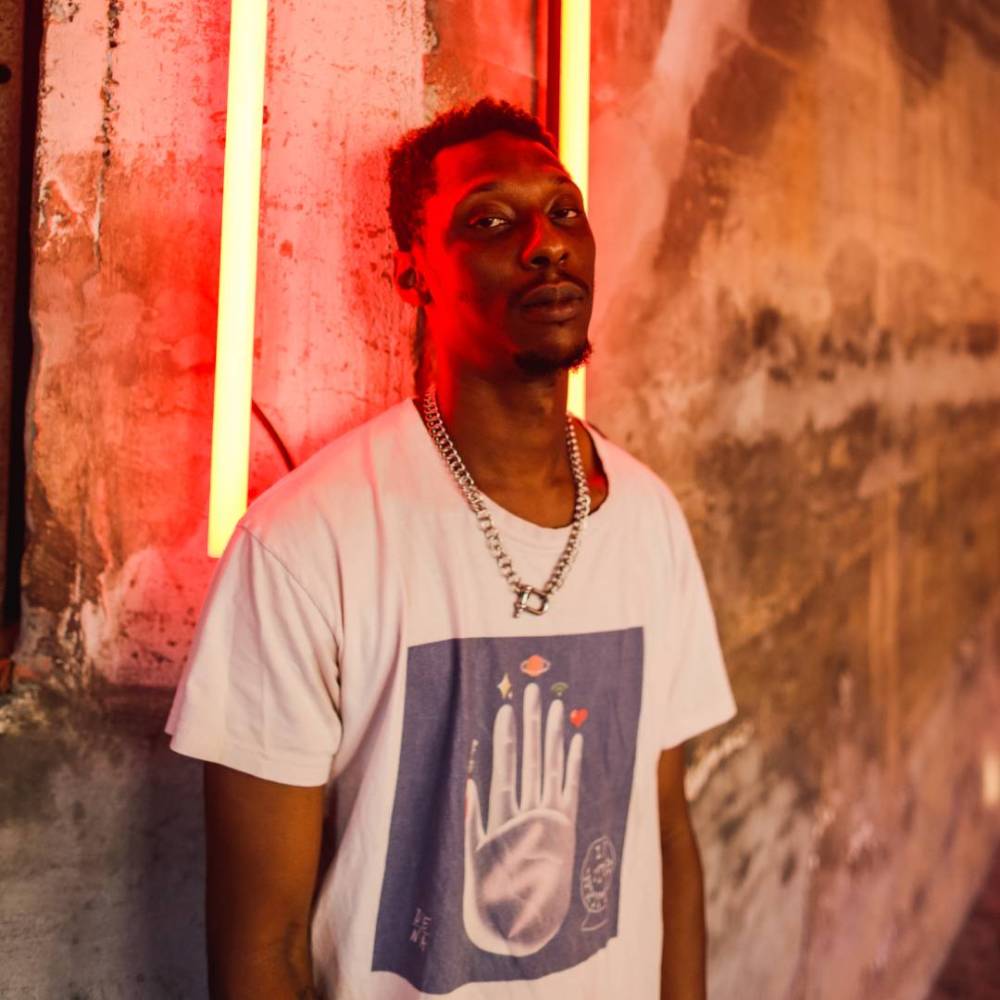Image via Luis Nieto Dickens
Michael McKinney understands the cultural importance of Kreayshawn’s “Gucci Gucci.”
Dance music is a global industry at this point, but it never stopped being hyper-local. That’s what happens when an entire style is built around the body, around the intimacy of a long night out bumping elbows with strangers. Music takes on a different kind of power when it’s played into a dimly lit nightclub. It develops histories; it conjures possible futures; in the smallest of ways, it changes lives. Dance music takes its sounds from across the world, but if it’s about one thing, it’s about bodies colliding in the pursuit of momentary elation. It’s about motion, and joy, and straining towards something greater between the kick drums.
DJ Wawa, a Brooklyn dance-music mainstay at this point, understands this. They moved to New York in 2015 and fell in love with the city’s queer club circuit, walking to Bossa Nova Civic Club as often as they could. After they fully dove into New York’s techno scene, they started DJing themselves, exploring the intersection between gritty techno and souled-up house records. Since then, they have burrowed deeper into their sound and grown to rep Brooklyn ever harder, becoming a fierce advocate for queer nightlife and the individualism that a great club night can offer.
Their sound, meanwhile, has grown more and more idiosyncratic. During the early months of COVID-19, Wawa took the opportunity to lean into literal crate-digging, getting away from Bandcamp and Discogs in the process. At this point, they haul a bag of records from gig to gig, stopping by local record shops in an effort to find material they connect with. This approach—deep, analog, and offline dives—was once the norm, but it’s now a bit idiosyncratic, and it ensures that you’re unlikely to hear most Wawa selections outside of their own sets. Their best work does double duty: they’re history lessons in Black American dance music that offer a direct line to the rhythms that mean the most to the selector in question. It’s a tricky balancing act pulled off with aplomb, a celebration of umpteen histories that ultimately works as a way to flip the dance floor inside out.
Ahead of a gig in Minneapolis, we had a chance to speak with DJ Wawa, digging into their relationship to NYC’s nightlife scene, reckoning with the commercialization of dance music, the appeal of spinning vinyl, and how they practice vulnerability.

